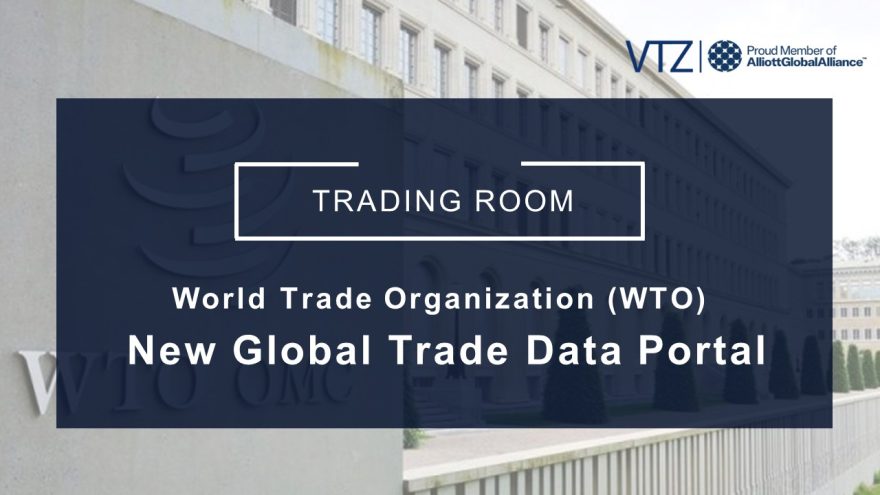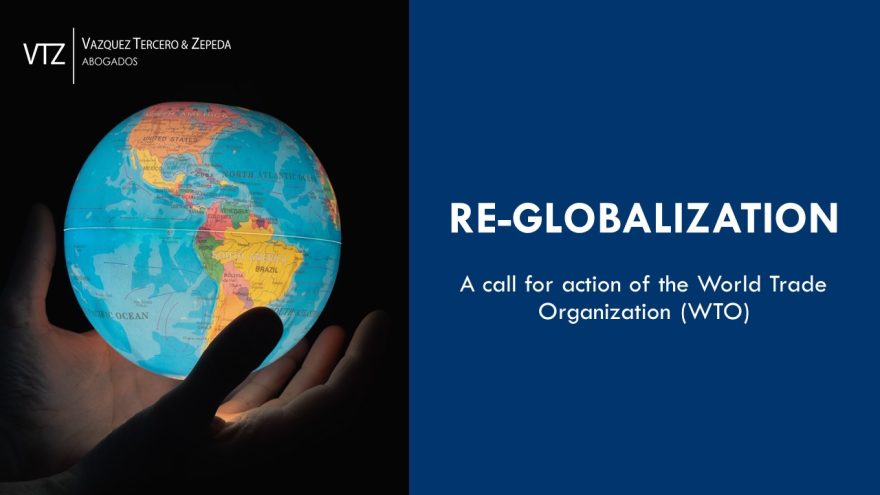The Northern and Southern Border Region
The «Free Zone of the Northern Border» program will be valid until 2024 in accordance with the decrees signed by the President of Mexico, AMLO, on November 27th, 2020. Established in 2018, the program grants tax incentives on VAT, Income Tax («ISR»), and the Special Tax on Production and Services («IEPS») applicable to fuels to companies located in the northern border strip. A more detailed description of the benefits of this program is discussed in our Tax Chapter of the Doing Business Guide.
It is noteworthy that the minimum wage is higher in the northern border region, i.e. 185.56 pesos (+/- 8.25 USD) instead of 123.22 pesos (+/- 5.50 USD).
The President also announced that the Program will be replicated in the southern border strip of Mexico as a complementary policy to the Mayan Train project and the Trans-isthmic Corridor.
The Southern Border will include 22 cities or communities of Chiapas, Tabasco, Campeche and Quintana Roo that have a border with Guatemala, which will enjoy the same benefits as the Mexican northern border.
Creation of a «Free Trade Zone»
In addition, Chetumal, Quintana Roo, will become a Free Trade Zone where import duties and the customs processing fees will not be applicable, allegedly. The Presidential Decrees have not been issued in the Official Gazette yet and, thus, we are still unaware of the details and/or rules. However, the President announced that these programs will enter into force in January 2021.
New Minister of Economy
The Mexican president, AMLO, announced changes to his cabinet this Monday. We highlight the nomination of Tatiana Clouthier as the new Minister of Economy, while Graciela Márquez will leave said position in a couple of days to join the board of the National Institute of Statistics and Geography («INEGI»).
Tatiana Clouthier is currently the vice-coordinator of the MORENA party in the Chamber of Representatives, and she was the coordinator of AMLO’s presidential campaign in 2018. In that sense, Ms. Clouthier is close to the President, but she has also been critical to a couple of the President’s decisions.
Ms. Clouthier’s academic background is not related to the economy or international trade, however, she has held different positions in the public sector for more than 10 years, such as being a representative and working in local governments.
During a press conference, Ms. Clouthier stated that “[…] the objective of this job is very clear: more and better companies, to promote better jobs for all […]”, while in Twitter she expressed that «With pleasure and of course commitment I will accept the challenge of this job to which the President is inviting me. We will work to become a space that seeks to solve through dialogue, ideas and innovation in favor of our motherland»
Con gusto y sobre todo compromiso asumiré el reto del encargo al que me invita el Presidente de la República. Trabajaremos para ser un espacio que soluciona a través del diálogo, las ideas y la innovación en favor de la patria.
— Tatiana Clouthier (@tatclouthier) December 8, 2020
Despite some frictions between the government and the private sector, the next head of the Ministry of Economy appears to show that she is open to dialogue, which is much needed to meet the needs of the current economic context that Mexico is experiencing due to the COVID-19 pandemic. As a Minister of Economy, Ms. Clouthier will be responsible of foreign investment, international trade programs and restrictions, free trade agreements, among other matters.
VTZ Webinar
VTZ will be organizing a webinar with a round table format (in Spanish), where our members will share their 2020 professional experiences (trade, customs, tax, real estate, and labor) as well as our expectations for the next year. If you are interested, please register in the following link: Zoom Webinar








